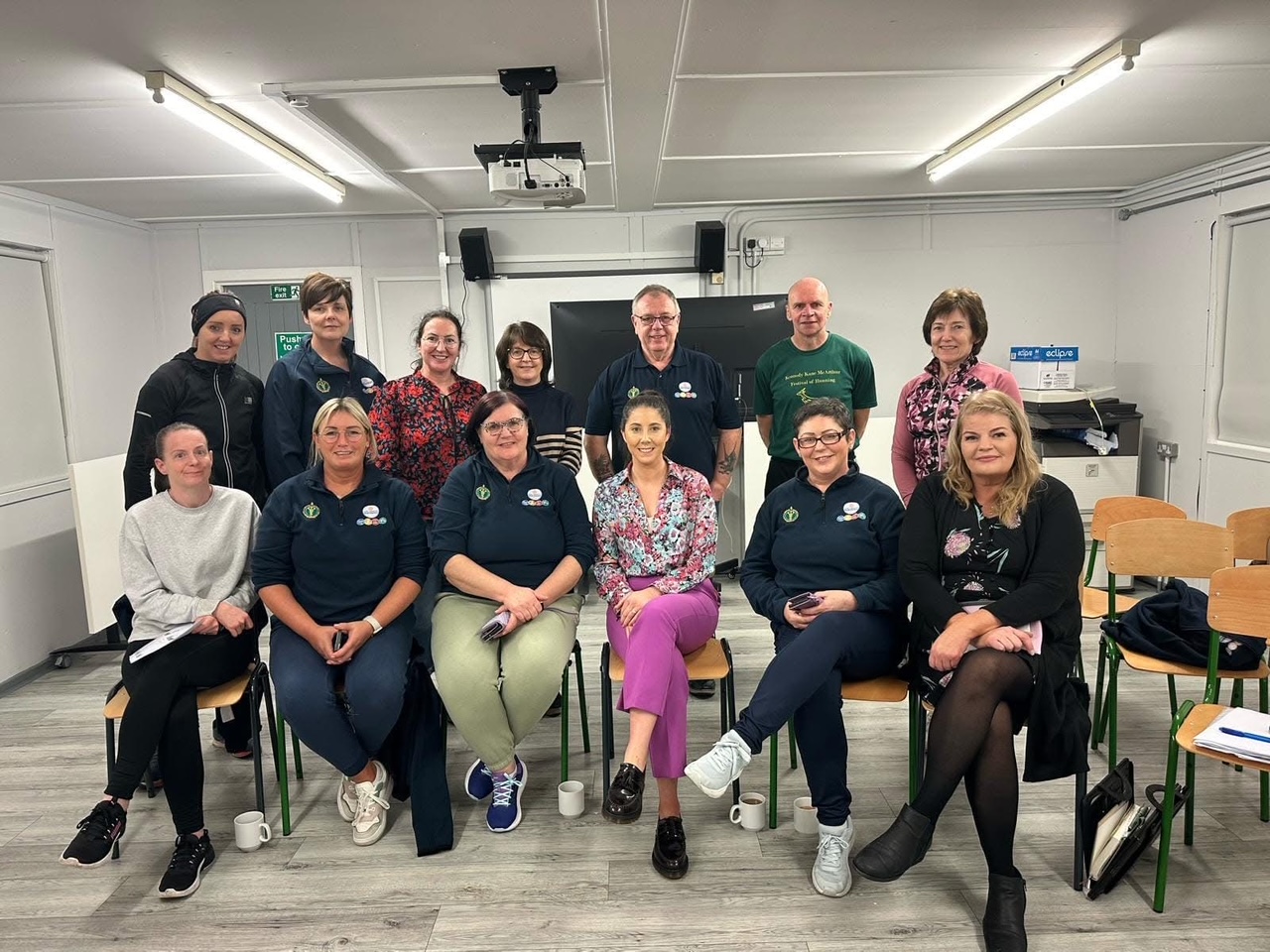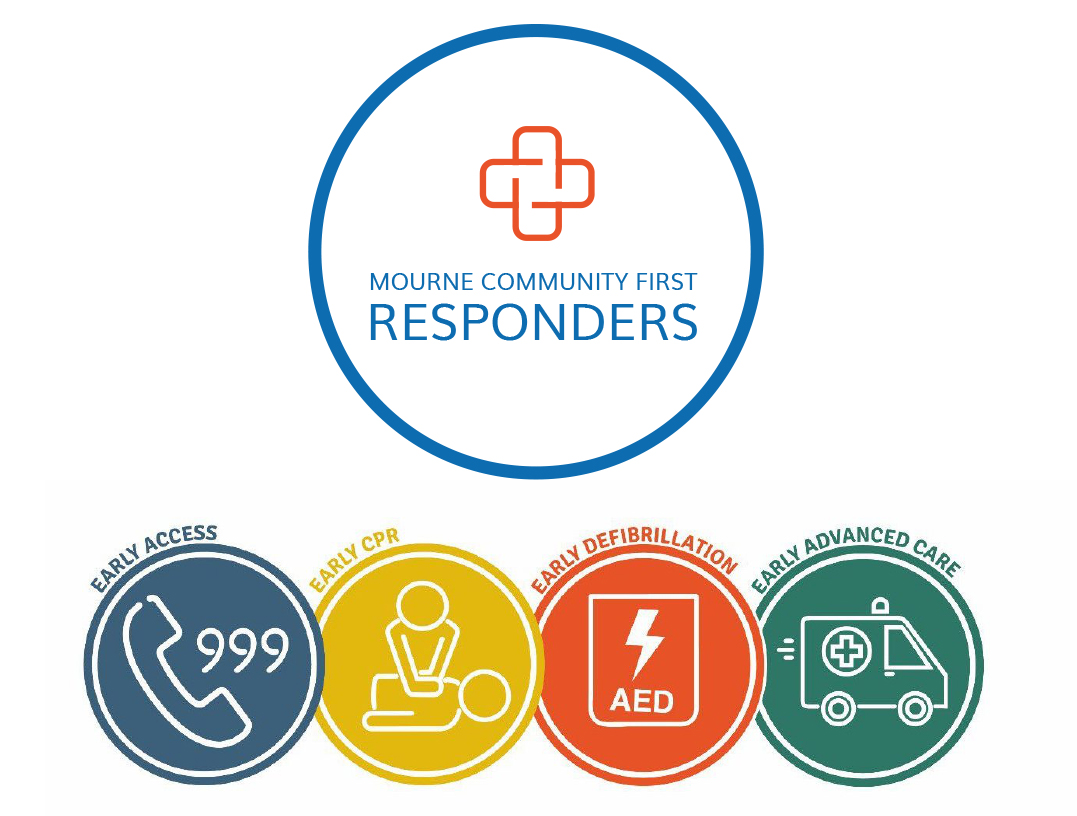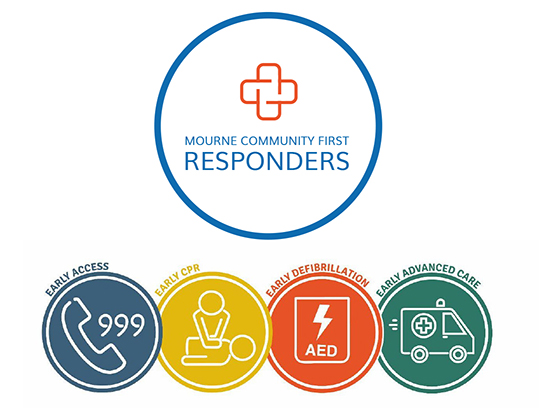- To assist appropriate calls as directed by NIAS (Northern Ireland Ambulance Service)
- Complete a scene assessment, followed by the provision of appropriate treatment before an ambulance arrives.
- Offer reassurance and emotional support to those around them, including loved ones.
- Document relevant information, to efficiently handover to qualified ambulance personnel.
- Remain on scene of an incident until dismissed.


In an emergency please call 999
What type of incidents are CFRs alerted to?
CFRs are usually alerted to incidents that are considered to be potentially life-threatening medical emergencies.
Examples of calls CFRs are alerted to include:
People in cardiac arrest-unconscious and not breathing;
People with chest pain who may be having a heart attack;
People who are choking;
People who are unconscious for an unknown reason but are breathing normally;
People who are potentially suffering from a stroke.
Some CFR Schemes also attend:
People who are having a seizure;
People who are having breathing problems.
CFRs are not knowingly alerted to:
Calls where the patient is under 12 years old;
Trauma-related incidents, i.e. road traffic collision;
Calls that present possible hazards such as those involving alcohol, drugs or potential violence;
Calls where the patient is suffering mental health issues.
Chain of Survival
Throughout the U.K., more than 30,000 people suffer a cardiac arrest Out-of-Hospital each year. In Northern Ireland, this number is approximately 1,400 cases, with a current survival rate of less than 1 in 10.
With this said, there are a few key steps that can help to improve the chances of survival following a cardiac arrest. This is what we call:
Early Access
Early recognition is vital because, due to the loss of blood flow, the brain can become damaged within minutes from oxygen starvation.
Early CPR
Given early, effective CPR is vital to improving cardiac arrest survival.
Early Defibrillation
Although CPR allows some oxygen to get to the brain, having the individual’s own heart pumping it is more effective. This is why shocks are sometimes delivered.
Early Advanced Care
Onwards care is now provided by medical staff.
